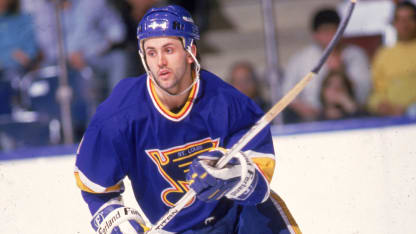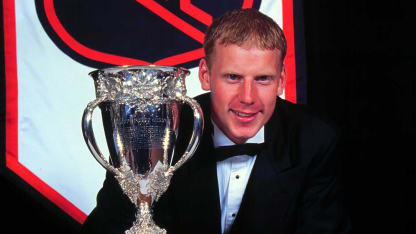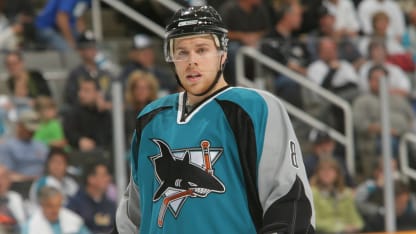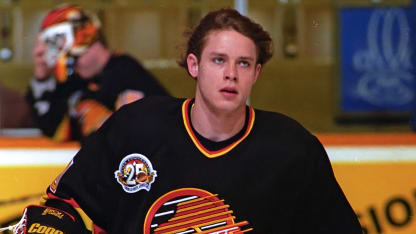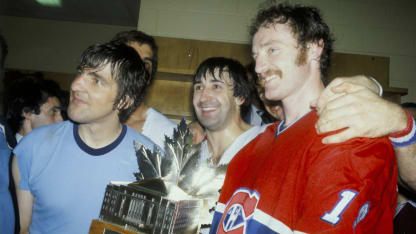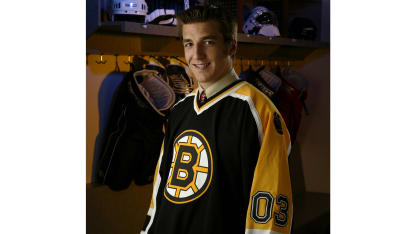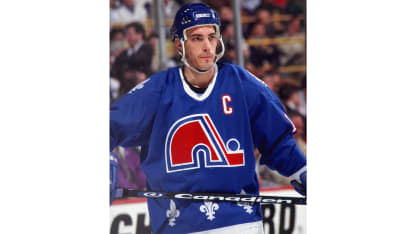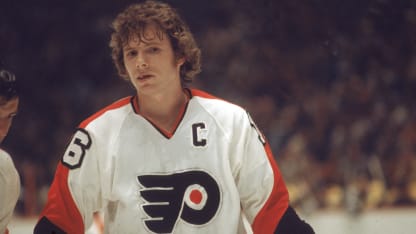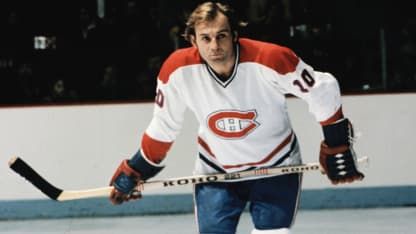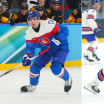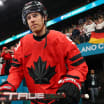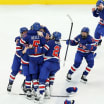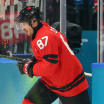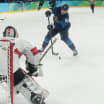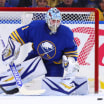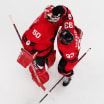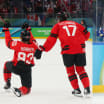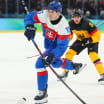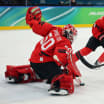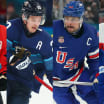Despite leading the United States Hockey League with 36 goals in 2002-03, Pavelski was No. 129 in NHL Central Scouting's final ranking of North American skaters for the 2003 NHL Draft. The Sharks used the second of three seventh-round picks on Pavelski, and after two seasons at the University of Wisconsin and part of another in the American Hockey League, Pavelski scored in his first NHL game on Nov. 22, 2006. He's kept scoring since then with 13 20-goal seasons, including 28 this season with the Dallas Stars. His 27th goal was his 1,000th point in the NHL; the 38-year-old is the 10th United States-born player to reach that milestone. He's also one of five players selected in the seventh round or later with 1,000 points, along with Gilmour (1,414), Luc Robitaille (1,394), Theo Fleury (1,088), and Dave Taylor (1,069).
